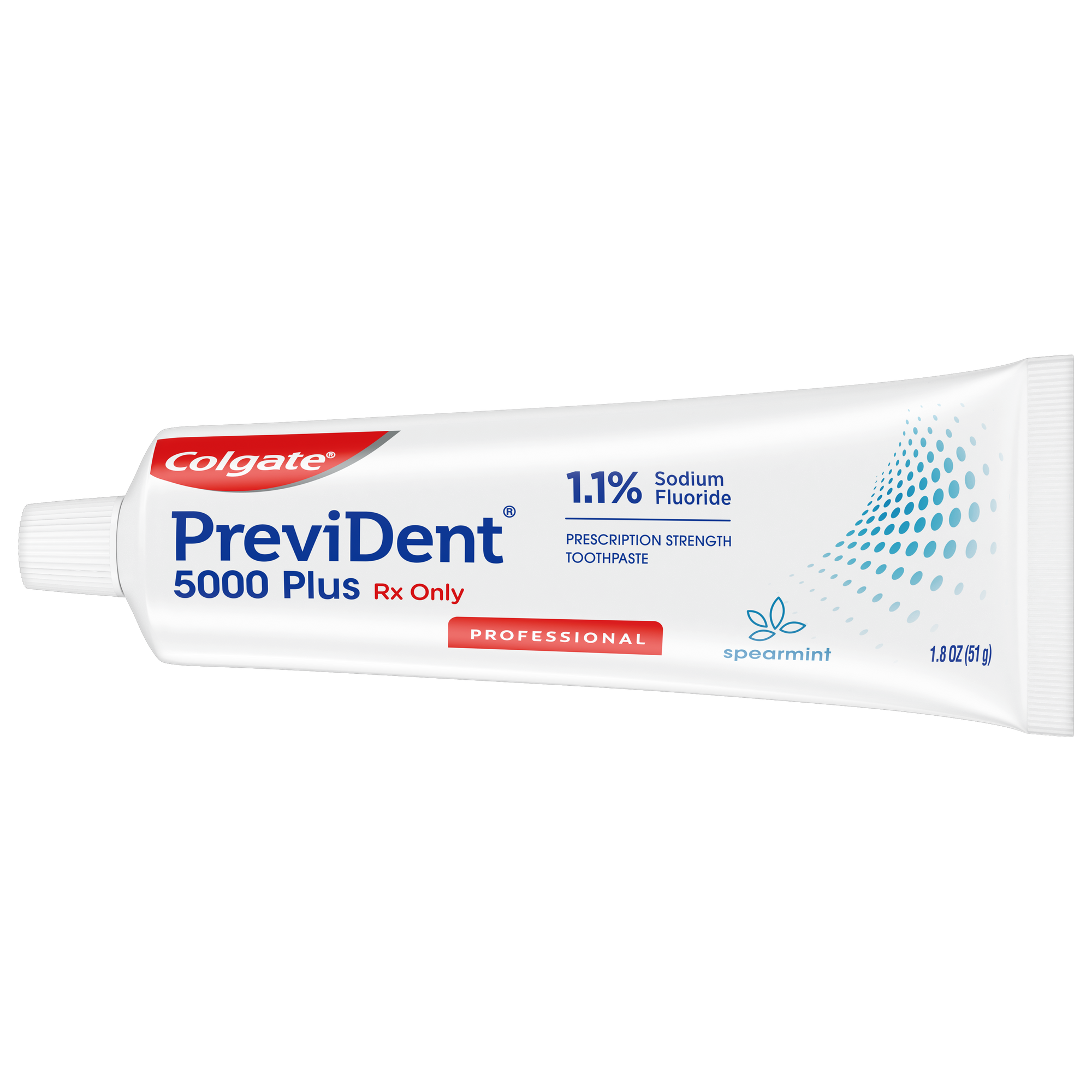Menopausal hormones, specifically, affect the body in many ways, and according to the American Dental Association, one common side effect is dry mouth. Also known as xerostomia, dry mouth is a symptom that can stem from various causes. That's why it's essential to seek regular dental and medical care. If you do experience dry mouth, you'll be able to root out the cause and treat it with the help of a professional. Let's go over what dry mouth is, its potential causes, how hormones can play a role, and what you can do to relieve it!
When estrogen and progesterone decrease in women experiencing menopause or the time around menopause, they may experience perimenopausal or menopausal dry mouth. This is when the salivary glands may decrease in their production, and a woman's mouth could have a dry, cotton-filled sensation to it. Because dry mouth can be a symptom of several concerns, oral or general health-related, you probably have some questions about what your specific dry mouth means.
Dry Mouth, Oral Health, and Nutrition
When your mouth is not producing adequate saliva, it may make eating, chewing, speaking, and swallowing difficult. Inadequate amounts of saliva may also lead to gum disease and tooth decay too. The Cleveland Clinic notes some medications often cause dry mouth, giving you a metallic taste in your mouth as well.
When you have an inadequate amount of saliva in your mouth, there's a chance some physical issues may arise too. Oral ulceration and sloughing of gum tissue can occur when the mouth is too dry. Regular dietary acids from fruits and vegetables may burn the tissue of your mouth, making chewing and talking painful. Did you know that saliva is also the primary cleanser of your mouth? When plaque and food particles are not cleansed by saliva throughout the day, bacterial growth increases. As a result, you could have a greater chance of periodontal disease and dental caries (cavities) occurring.
Because saliva acts as a lubricant for chewing, a shortage of it may also affect a women's nutrition. There are components in the saliva that naturally break down nutrients for the body, such as the enzyme amylase. Amylase is the most prevalent enzyme in human saliva and helps break down starches, according to the Archives of Oral Biology. So if there isn't enough amylase in the saliva's initial breakdown process, starches may be more challenging to digest. Beyond the discomfort dry mouth may cause, it's vital to determine its cause and begin treatment. That way, you can minimize your chances of dental disease and continue to absorb nutrition correctly.
Other Causes of Dry Mouth
Even though hormonal fluctuation and estrogen deficiencies in menopausal and post-menopausal women often decrease salivary production, they're not the only cause of dry mouth. Since dry mouth is also a common side effect of certain health conditions, it can sometimes be challenging to decipher its cause. For example, dry mouth is a common side effect of autoimmune diseases such as lupus, rheumatoid arthritis, diabetes, Sjogren's syndrome, and some medications and cancer treatments.
Oral Care and Hormones
Suppose you are experiencing dry mouth symptoms and notice they're not going away with at-home actions like upping your hydration and avoiding caffeine and alcohol. In that case, you should contact your dental or medical professional for advice. They can help get to the root of your dry mouth issue, whether the cause is an underlying condition, a hormonal change, or something else.
If you've determined that hormonal changes are the cause of your discomfort, you may be wondering how to cure dry mouth caused by menopause. There are plenty of treatment options you can try, like dry mouth gels that can provide relief, as well as at-home actions like eliminating certain foods and upping your hydration. Beyond medications, there are also special toothpaste and mouthrinses for people with dry mouth.
Remember that while the cause of your dry mouth could be hormones, keeping up with your meticulous oral care routine can only help you. We recommend brushing twice a day, cleaning between your teeth with floss or a water flosser (interdental cleaning) once a day, and following with a mouthwash. Regardless of the cause of your dry mouth, rest assured that your dental and medical professionals will help you treat it. If menopause is the cause, they can help you with specific at-home and prescription treatments, as well as track your oral and body changes caused by menopause, so you feel more prepared to experience these changes!
This article is intended to promote understanding of and knowledge about general oral health topics. It is not intended to be a substitute for professional advice, diagnosis or treatment. Always seek the advice of your dentist or other qualified healthcare provider with any questions you may have regarding a medical condition or treatment.
ORAL HEALTH QUIZ
What's behind your smile?
Take our Oral Health assessment to get the most from your oral care routine
ORAL HEALTH QUIZ
What's behind your smile?
Take our Oral Health assessment to get the most from your oral care routine






.jpeg)







